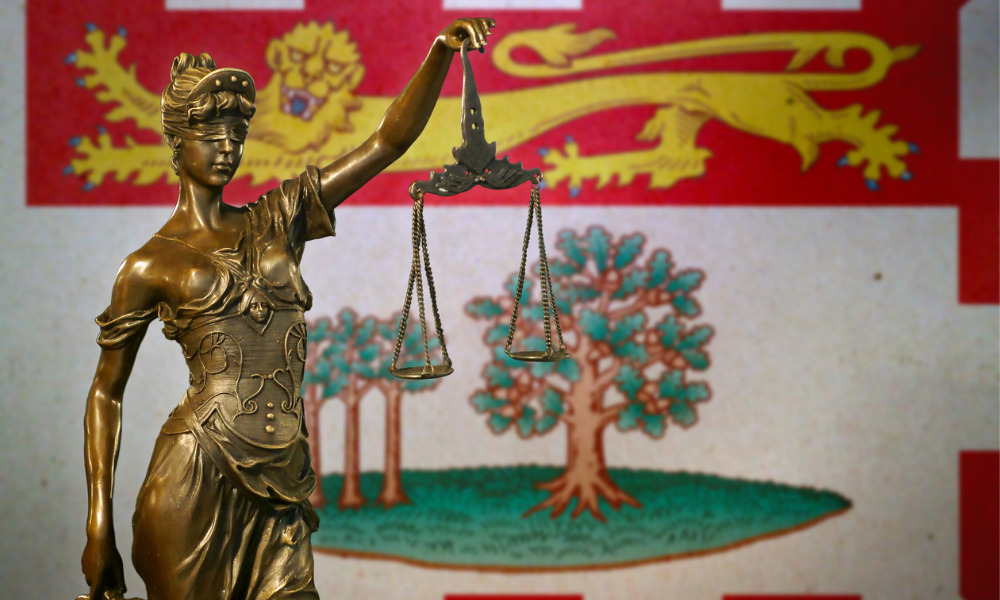New program aims to address victims’ needs while holding offenders meaningfully accountable

The Prince Edward Island government has launched a restorative justice program that seeks to allow victims, offenders and the community to explore crime’s root causes and to assist those impacted by crime as they go through the healing process.
The restorative justice approach aims to focus on the harms caused while holding the offender meaningfully accountable for their actions and to provide victims and the affected communities an avenue to safely share their experiences so that they can feel in control and can attain resolution on their own terms.
“Through this process, victims of crime and the communities affected by the offender’s actions may be able to find answers that ultimately lead to better resolutions, and it may also help the offender better understand the rippling impacts of their actions while they are involved in the criminal justice system,” said Bloyce Thompson, the province’s justice and public safety minister and attorney general, in the news release.
The restorative justice process is intended to help the parties identify and understand what has happened, what matters about what happened, who has been affected, what the harms and impacts have been and what needs to happen so that these harms and impacts can be addressed in a manner that makes things right.
The process comprises multiple sessions engaging the parties connected to the case, possibly including those who have been harmed or affected, those who are responsible for causing such harm and those who can provide information or support. The process and its outcomes may vary depending on the crime’s nature, the circumstances, the issues and the parties’ needs.
Expected benefits for victims include an opportunity to tell the offender how the crime impacted them, to ask questions about what occurred and to suggest how the harm they have experienced can be addressed. Communities may also be empowered, because they can be involved in meaningfully responding to crime and in discussing their values and the issues causing or contributing to crime.
Offenders can potentially benefit from having a chance to discuss the circumstances of their actions, to understand the effects of their actions and to take steps to address the harm they may have caused. They may also acknowledge the harm by apologizing or by fulfilling the conditions of an agreement between the parties.
“We use principles based on flexibility, victim-centeredness and inclusion to help repair the harm to the greatest extent possible — for both victims and offenders,” said Bethany Knox, provincial restorative justice coordinator, the government press release.
The province’s courts, the Crown Attorney’s Office, Victim Services, Probation Services, defense counsel and law enforcement can make referrals to the program on behalf of the victims or offenders, while community restorative justice facilitators are responsible for bringing together eligible participants.
Representatives from Prince Edward Island’s courts, Legal Aid, the Crown Attorney’s Office, Community and Correctional Services, Victim Services, law enforcement and Mi’kmaq Confederacy of Prince Edward Island have collaborated over the past two years to offer recommendations to the province regarding the program’s design and development.
“The launch of this program is a testament to the Province’s commitment to working together with partners across the justice system and community to support Prince Edward Island’s vulnerable and marginalized populations,” said Thompson, who added that he hoped for a downward trend in crime.
The provincial government’s website noted that restorative justice would not be appropriate for all situations and that cases would be thoroughly assessed and discussed.










